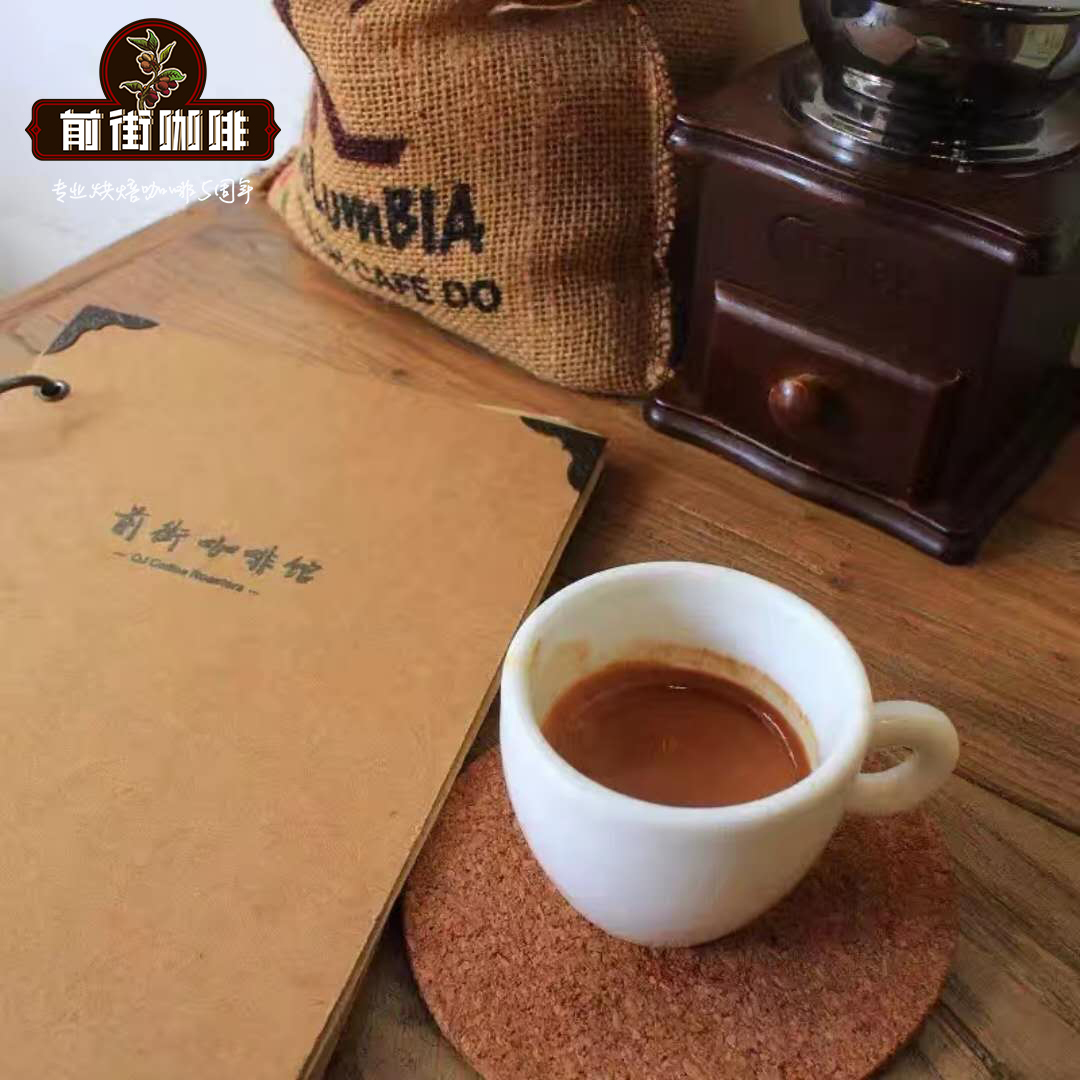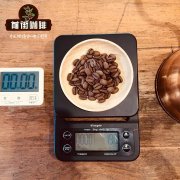The difference between organic coffee and regular coffee is organic coffee more environmentally friendly without pesticides?

Professional coffee knowledge exchange More coffee bean information Please pay attention to coffee workshop (Weixin Official Accounts cafe_style)
Did you know that coffee is one of the most chemically processed foods in the world?
Did you know that coffee is one the most chemically treated foods in the world?!
According to CS Monitor, traditional coffee growers apply up to 250 pounds of chemical fertilizer per acre! Other studies suggest that non-organic coffee may contain harmful substances from 1,000 chemicals/compounds.
In some scientific studies, pesticides have been linked to a wide range of health problems, including prostate cancer, cancers such as Parkinson's disease, and even miscarriages in some pregnant women. In addition to pesticides already present, regular coffee has also been found to contain synthetic fertilizers, herbicides, fungicides and pesticides. These chemicals enable farmers to produce up to twice as much coffee while killing any pests that try to destroy their crops. But these pesticides aren't just toxic to insects; a growing number of researchers are finding that these toxins can be harmful to you, too.
Support organic coffee
Organic coffee can retain more antioxidants and chlorogenic acid in coffee beans. If you want to make the most of coffee to stay healthy, organic coffee is a great choice.
Also, organic coffee preserves more of the antioxidants and chlorogenic acid present in coffee beans. If you want to get the best out of coffee for your health, going organic is the best option.
Organic Coffee Health and Wellness
very good
Organic Coffee Benefits to the Environment Unlike traditional coffee, organic coffee does not promote deforestation. In fact, it helps protect wildlife, birds, vegetation, and prevent soil erosion and disease.
Unlike conventional coffee, organic coffee does not promote deforestation. In fact, it aids in the conservation of wildlife, birds, vegetation, and the prevention of soil erosion and diseases.
What does traditional coffee production mean for the planet? One of the biggest sources of environmental damage is coffee growing. The surge in global demand for coffee has had a profound impact on coffee growing methods, and these effects are continuing to expand. Coffee is grown through traditionally grown trees planted under shady canopy, providing valuable habitat for local animals and insects while also preventing topsoil erosion and eliminating the need for fertilizer. But due to market demand, this harmless form of agriculture has been replaced by "solar cultivation." Solar coffee, which originated in the 1970s, was produced in plantations without forest cover, resulting in fertilizer becoming a necessity and having a serious adverse impact on biodiversity. Farmers have been actively encouraged to replace their inefficient agricultural methods with solar energy, and as a result, 2.5 million acres of forest have been cleared in Central America alone to make way for coffee cultivation.
Important Notice :
前街咖啡 FrontStreet Coffee has moved to new addredd:
FrontStreet Coffee Address: 315,Donghua East Road,GuangZhou
Tel:020 38364473
- Prev

Classification of Jamaican Coffee is Jamaican Blue Mountain Coffee No.1 the best Blue Mountain
Professional Coffee knowledge Exchange more information about coffee beans Please follow the Coffee Workshop (official Wechat account cafe_style). Situated in a passionate valley at an altitude of 2000 to 3000 feet, leaning on a crystal clear river, the estate covers an area of about 140acres, which is the location of the beautiful Blue Lord Manor of Jamaican Coffee. The soil here is not only fertile, but also perfectly integrated.
- Next

Organic coffee is healthier than regular coffee.
Professional coffee knowledge exchange More coffee bean information Please pay attention to coffee workshop (Weixin Official Accounts cafe_style) Today focus on organic coffee problems Organic produce is not a new topic. People buy organic products more because they believe they are more natural and harmless and better for their health. From the point of view of environmental protection, organic planting methods can better realize the land's
Related
- Beginners will see the "Coffee pull flower" guide!
- What is the difference between ice blog purified milk and ordinary milk coffee?
- Why is the Philippines the largest producer of crops in Liberia?
- For coffee extraction, should the fine powder be retained?
- How does extracted espresso fill pressed powder? How much strength does it take to press the powder?
- How to make jasmine cold extract coffee? Is the jasmine + latte good?
- Will this little toy really make the coffee taste better? How does Lily Drip affect coffee extraction?
- Will the action of slapping the filter cup also affect coffee extraction?
- What's the difference between powder-to-water ratio and powder-to-liquid ratio?
- What is the Ethiopian local species? What does it have to do with Heirloom native species?

